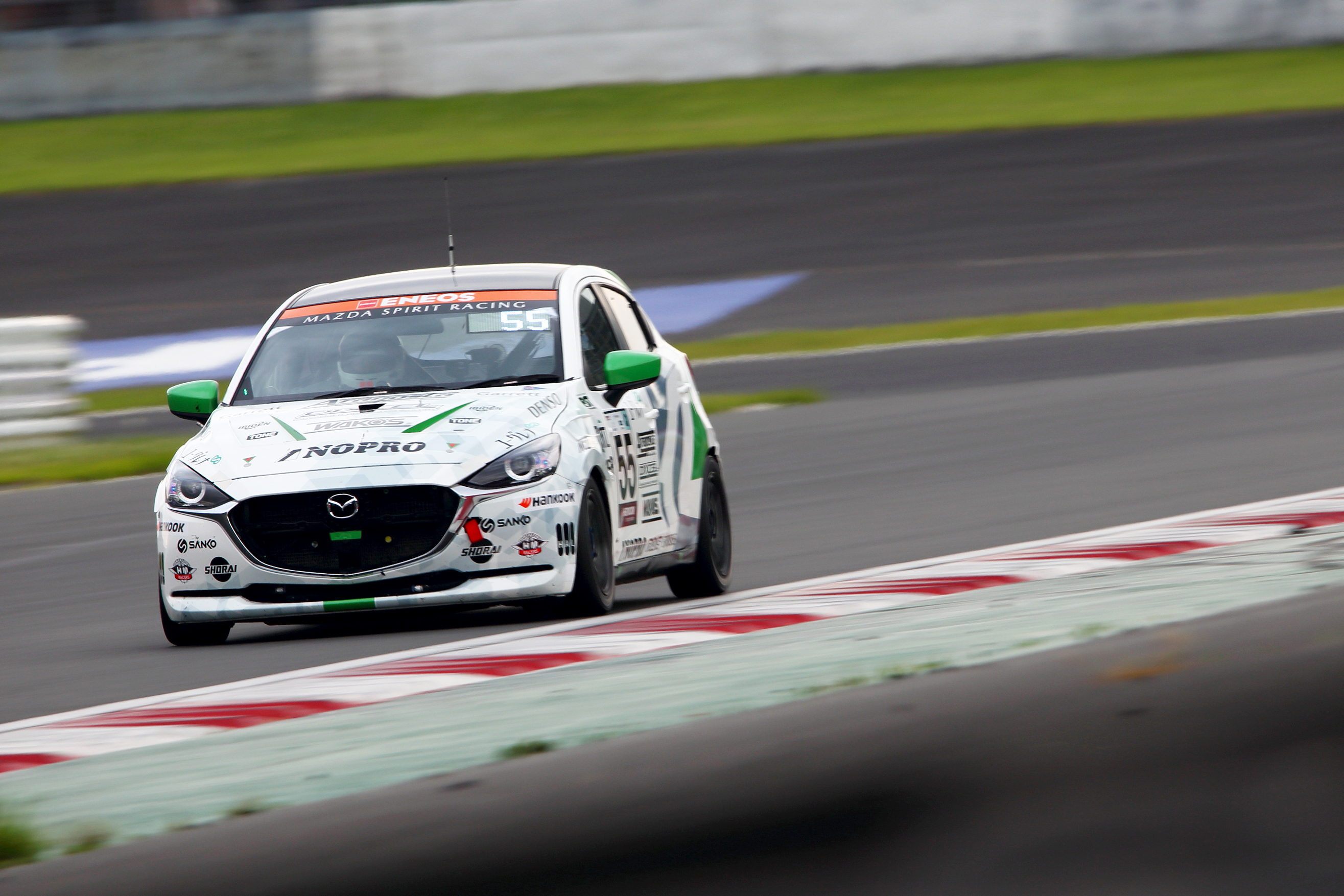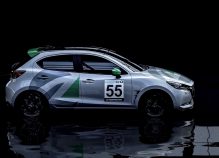The Super Taikyu Racing Series in Japan is an endurance series that features a multi-class grid of cars that include GT3 and GT4 sports cars, plus countless saloon car classes. However, it’s the unique ST-Q class for non-homologated or alternatively fueled cars where you will find the Mazda Spirit Racing Team and their Mazda Demio/Mazda2 contender.
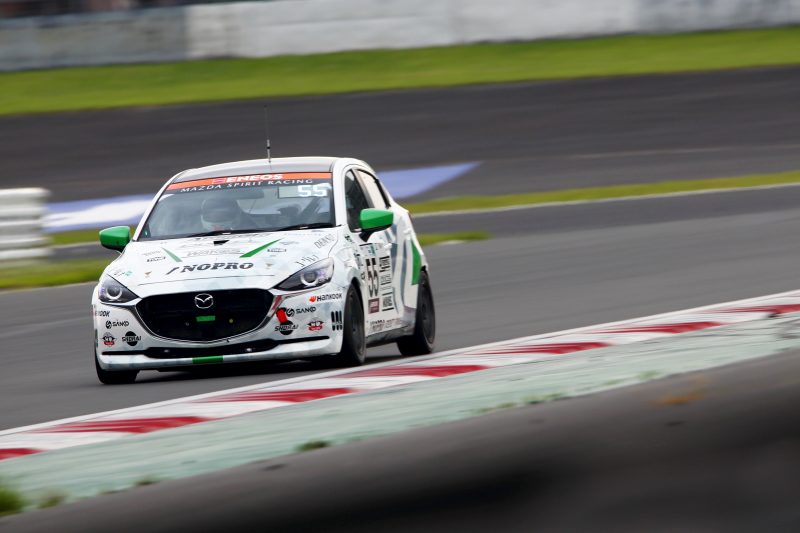
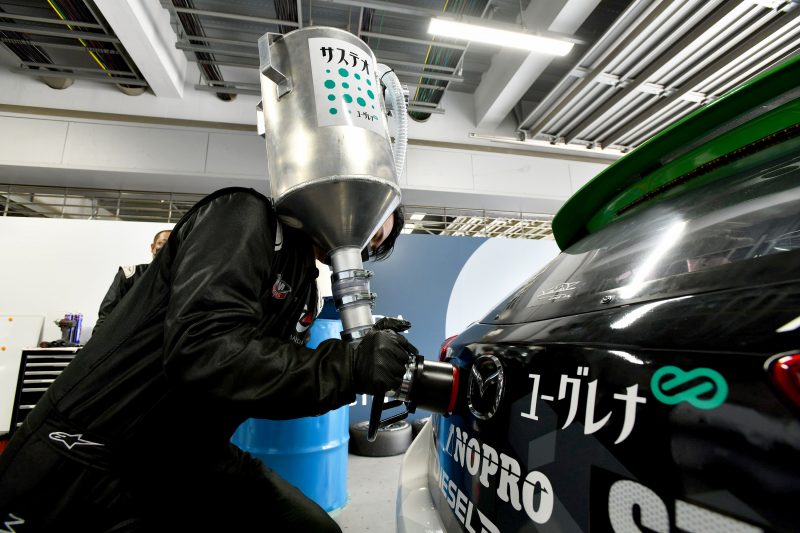

The ST-Q class is a place for manufacturers to try out experimental cars. In the case of Mazda, its Zekken number 55 Mazda2 Bio concept is fuelled by 100 percent biodiesel made from used cooking oil and microalgae fats. So this entry is not just a test of the drivers and team’s skill, it’s also a test that could change the course of Mazda’s future.
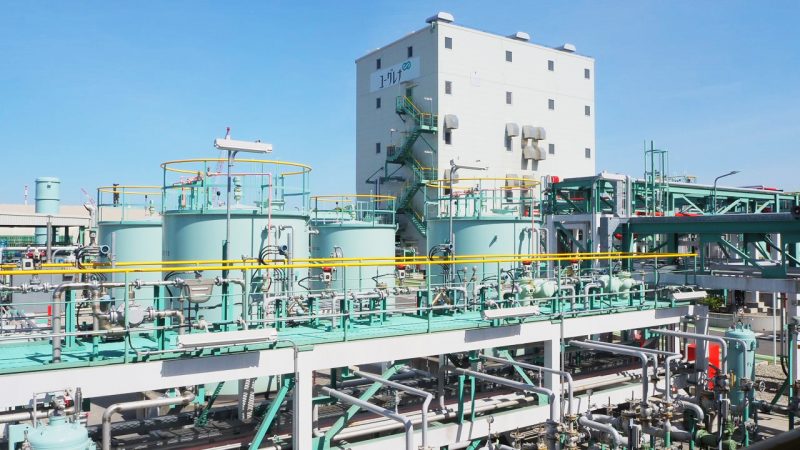
Although the world is shifting rapidly toward BEVs, a shift driven largely by the European Green Deal, that set the objective for EU nations to achieve carbon neutrality by 2050, there remain many questions regarding the pursuit of a purely electric automotive strategy. For example, is the electricity used to power these vehicles generated from eco-friendly sources? Are the source materials used in the manufacture of the batteries sustainable and environmentally friendly? And what about those nations where electricity is yet to be readily available to everyone?
All of these questions and more are being tackled head-on by Mazda. “We are delivering a multi-solution approach that offers various powertrains depending on each country’s or region’s policies,” Akira Marumoto, President & CEO of Mazda Motor Corporation. So, while Mazda offers the MX-30 BEV in its lineup and is constantly developing and improving its powertrains and technologies to be compatible within existing infrastructures worldwide, it’s also looking to alternative energy sources to petroleum.
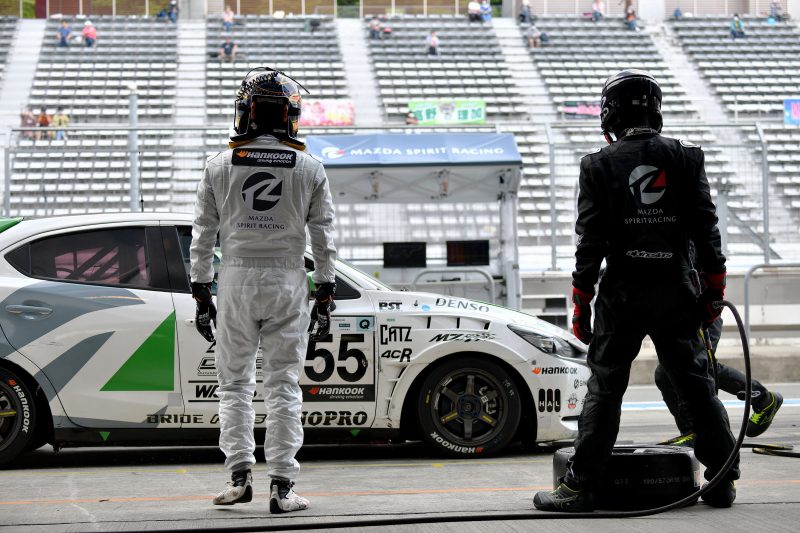
Mazda is convinced about the positive contribution to the decarbonization of mobility through the use of e-fuels produced from clean energy sources, as they are also 100% carbon neutral. Their development should play an important role in facilitating the transition to clean mobility by 2050, as they can provide significant life-cycle CO2 emission reduction and CO2 neutral operation not only for new electrified vehicles but especially for the existing car park – an ability that no other technology can provide. Moreover, e-fuels will be fully compatible and can be blended with existing conventional fuels in any ratio and will replace them as production volume increases, which will enable a smooth introduction.
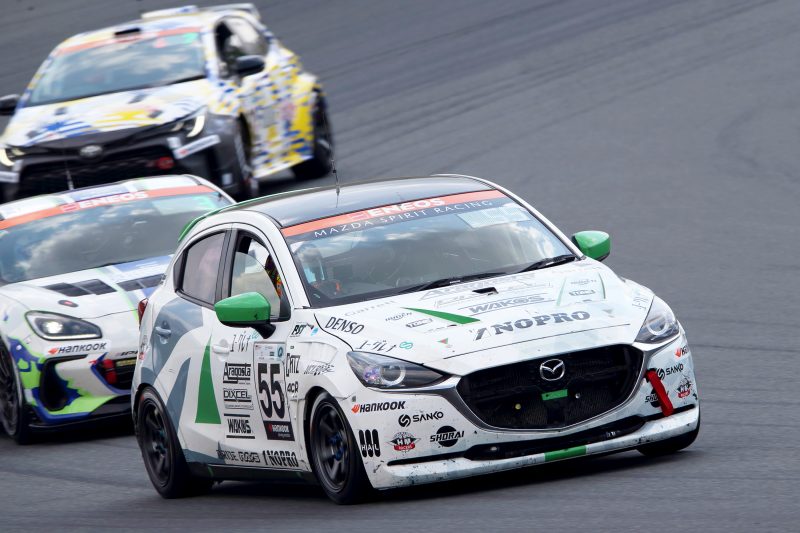
The Mazda2 Bio concept trial is one strand of the company’s multi-solution approach. In 2018, Mazda was involved in “Your Green Fuel”, an automotive-academic-government consortium project in Hiroshima that saw it partner with Euglena, a Japanese company that’s set to mass produce next-generation biodiesel by operating a commercial plant from 2025.
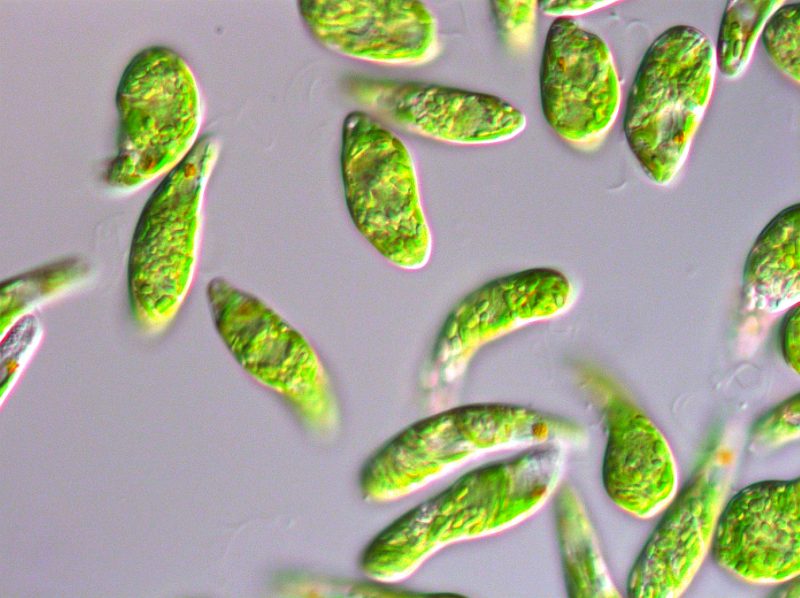
Euglena’s next-generation biodiesel ‘SUSTEO’ is made entirely from Japanese products and it is officially recognised as diesel fuel by Japanese Industrial Standards (JIS). SUSTEO consists of a combination of oil and fat in Euglena microalgae and used cooking oil. This is the key towards carbon neutrality – as “bio” in the name suggests, this diesel fuel is created using biomass such as plants and microalgae. As they absorb CO2 when growing, the total amount of CO2 in the atmosphere is neutral when you drive with this fuel. It is also unique in that unlike conventional biofuels made from corn or other raw materials, it does not cause problems such as food competition or deforestation. Another advantage of next-generation biofuel is that it can be used for cars on the road today and utilize the existing infrastructure.
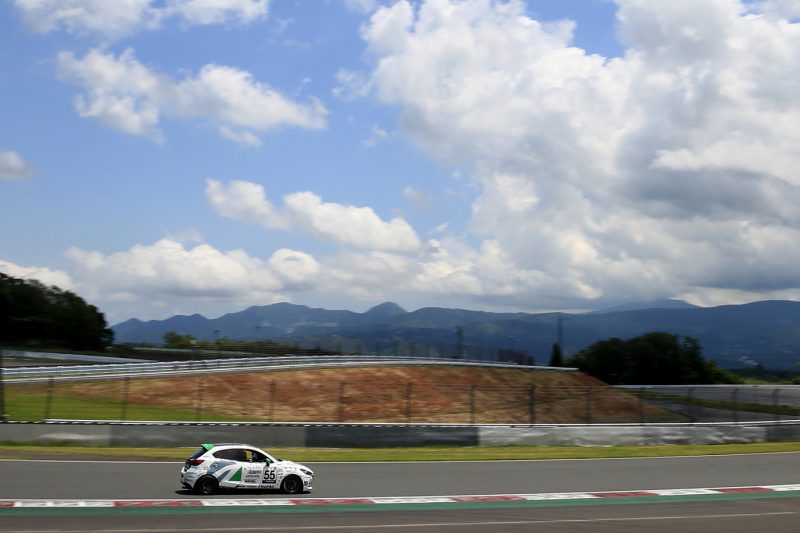
At the moment, the Mazda2 Bio Concept is a ‘lab on wheels’. The company chose to trial the new fuel in this small-sized vehicle after it had notched up successes in the 2021 racing season with a standard Skyactiv diesel engine driven by a private team. For the 2023 season however, Mazda is developing a new race car based on the Mazda3 that has a more powerful engine.
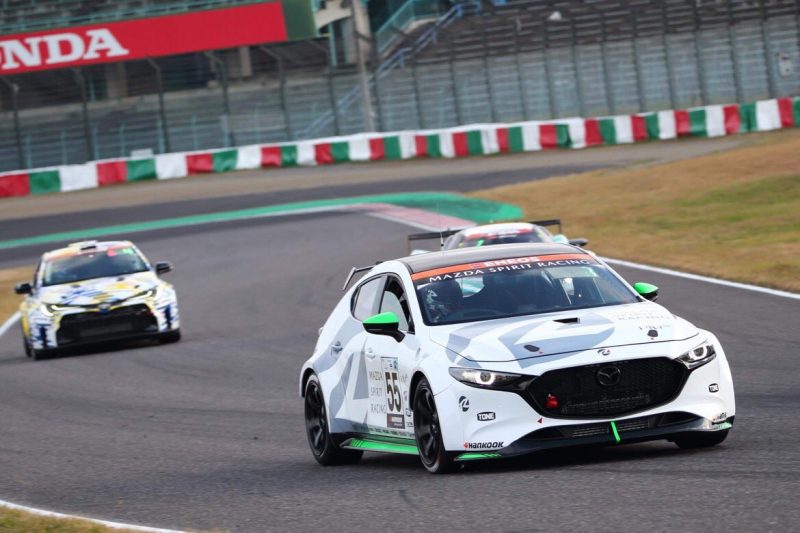
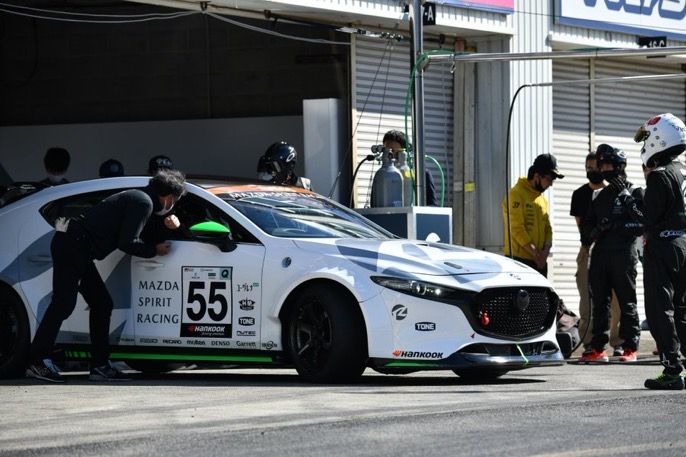
The engine developers who are part of Mazda’s racing team have praised the high quality of the next-generation biodiesel fuel, saying “It can work well with the existing Skyactiv-D when it comes to things like adapting the fuel injection system.”
In fact, it might not be long before we see biodiesel Skyactiv-D cars on the roads. It’s a bold venture, but one that is perfectly suited to Mazda, who has always had a challenger spirit.

